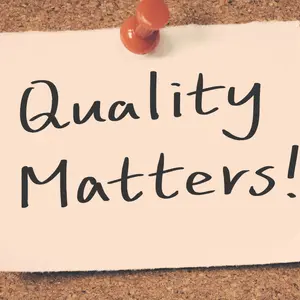

WELLthier Living and Aging

WELLthier Living and Aging
Functional Medicine Leader Calls for Systemic Change to Healthcare
American healthcare outcomes depend to a great extent on the race and economic status of the patient. Health disparities across different populations are not the result of personal choices alone; racism is a public health crisis that negatively affects the most vulnerable populations. Amy R. Mack, CEO of the Institute for Functional Medicine (IFM), believes the time has come to change the status quo. In a recent article published in Holistic Primary Care, Ms. Mack called for closing the healthcare gap by ensuring the widespread adoption of functional medicine for all.
Ms. Mack points out that social determinants impact health throughout life. Minority populations are more likely to lack access to healthy food and to equitable healthcare, and they lack trust in the healthcare system. People of color are less likely to receive preventative health services and more likely to experience lower quality healthcare than White people. Nearly 14% of African Americans report having fair or poor health as compared to just 8% of non-Hispanic Whites.
The disparities may be due in part to a lack of diversity among healthcare providers and educators. A mere 6% of recently graduated physicians are Black, as are fewer than 4% of US medical school faculty.
The COVID-19 pandemic has further highlighted the problems of inequality in US healthcare. Statistics show that minority populations in the US disproportionately make up essential workers, such as grocery store and restaurant staff, frontline healthcare workers, delivery drivers, factory and farm workers. Many of these workers, who have a higher chronic disease burden than their White counterparts, are more susceptible to complications from COVID-19.
Ms. Mack urges all sectors of the healthcare system to renew focus on improving access to quality care. She stresses the importance of asking questions to learn why many minority populations are unaware of or unable to access functional medicine. She seeks to find ways to build trust between minority communities and clinicians. The current system is irrevocably broken, she says, adding, “It is time to be bold and take decisive action to ensure that a zip code, net worth, or skin color is not a determinant of one’s health.”
REFERENCES
Mack, A. R. (2020, July 21). IFM: We must expand access to functional medicine in vulnerable communities. Holistic Primary Care. Retrieved from https://holisticprimarycare.net/site/letters/ifm-we-must-expand-access-to-functional-medicine-in-vu…



 By
By








